By Lauren Book, author of It’s OK to Tell
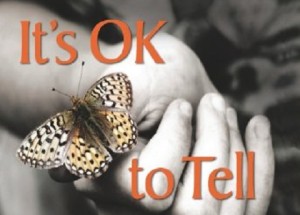 As a parent, you do everything in your power to protect your children. You lock all the doors in your house before going to bed. You tell them never to talk to strangers. You insist they wear helmets whenever they ride a bike. But how much time do you spend talking with them about personal safety as it relates to their bodies?
As a parent, you do everything in your power to protect your children. You lock all the doors in your house before going to bed. You tell them never to talk to strangers. You insist they wear helmets whenever they ride a bike. But how much time do you spend talking with them about personal safety as it relates to their bodies?
We know that 1 in 3 girls and 1 in 5 boys will become victims of sexual abuse before their 18th birthday. As one of the 42 million survivors of child sexual abuse in this country, I know firsthand what it feels like to have my childhood taken away from me. Having conversations about personal safety with your children can prevent abuse and help them enjoy a safe childhood.
Prevention
Keep in mind the pivotal role that you play in preventing abuse. The first line of protection for children is an open and honest relationship with the main adults in their lives, including parents and caregivers. Children should know they can come to you whenever they feel confused, “icky” or uncomfortable. Children need to know that their bodies are their own and no one should touch body parts that get covered by a bathing suit, unless they are hurt and a doctor or parent is helping them.
Help them learn the difference between a safe secret and an unsafe secret (a safe secret will eventually be told and will make everyone smile) and between tattling and reporting (reporting is OK because it involves a safety situation).
Here are a few helpful ideas that will make it easy for you to discuss these important topics with your child:
- Feel free to use the Lauren’s Kids parent toolkit to begin a personal safety conversation with your child. The kit provides tips to help you talk with your children about staying safe without being explicit or scary in any way.
- One fun activity to share is the downloadable Trusted Triangle sheet that sets up a network of adults that you and your child approve.
- For younger children, my new book Lauren’s Kingdom is a great way to start the conversation and teach kids about powerful ways to protect themselves and know their own worth.
The Dangers of Grooming
For six years, from ages 11 to 17, I was sexually, physically and emotionally abused daily by my live-in nanny, a trusted caretaker and a person with unlimited access to me. I was a child of privilege living behind the gates of a protected community, yet even that could not keep me safe – child sexual abuse cuts across every ZIP code, ethnicity and income level.
In 90% of sexual abuse cases, a child is abused by someone they know, love and trust. Abusers can be men or women of any age or occupation. They manipulate children by “grooming,” a process they use to build trust, test boundaries, manipulate and draw someone into a relationship for the purpose of abusing them.
They may ask their targets to withhold harmless information to test whether they can be trusted to keep other, bigger secrets from their parents. They may offer a special dessert or a ride in the front seat, and try to isolate their target and test personal space boundaries. Abusers may offer attention and privileges that seem beneficial, often winning the favor of both children and parents alike. They target “good” children who seem eager to please.
Signs that something may be wrong:
- Frequent bruises or broken bones
- Frequent school absences
- Sudden emotional withdrawal
- Sudden aggressive behavior
- Nightmares
- Acting out in school
- Displays of irrational fear of certain places, situations or people
- Regression to an earlier stage of development (bed-wetting or thumb-sucking)
- Social isolation
- Inadequate personal hygiene
Disclosure
If your child, or any child, discloses abuse to you, your first response makes all the difference in how they come to terms with the situation. Even though you may be shocked, resist the urge to react strongly to the news or display anger.
What to Say:
- “I believe you.”
- “I’m really glad that you told me. It took a lot of courage to tell me.”
- “It’s not your fault.”
- Do not promise to keep it a secret. Instead say, “We’ll work together to get you help. I will need to tell some other people who help protect children.”
If a child discloses abuse to you, the most important thing you can do is listen and then immediately call 1-800-4-A-CHILD in the USA to reach Childhelp’s National Abuse Hotline (see below for numbers for other countries). Remember, it’s not your job to determine if the child is telling the truth or not – if abuse is disclosed to you or if you have reason to suspect abuse, report it!
Protecting childhood involves all of us working together to create a better future for children everywhere. With education and awareness, 95% of abuse is preventable, and I’m certain that we can change statistics by talking openly about this issue and taking steps to create a safer and smarter world.
To report child abuse in Canada, please call your local Children’s Aid Society (dial 411 for your local number
To report child abuse in the UK, please call the NSPCC at 0808 800 5000
To report child abuse in Australia, please visit https://aifs.gov.au/cfca/publications/reporting-abuse-and-neglect to find your local contact information
To report child abuse in New Zealand, please call the Child, Youth, and Family line at 0508 326 459
Lauren Book, M.S. Ed., is the founder and CEO of Lauren’s Kids and works to prevent child sexual abuse and help survivors heal. You can read her story in her book It’s OK to Tell (click below to view the book).

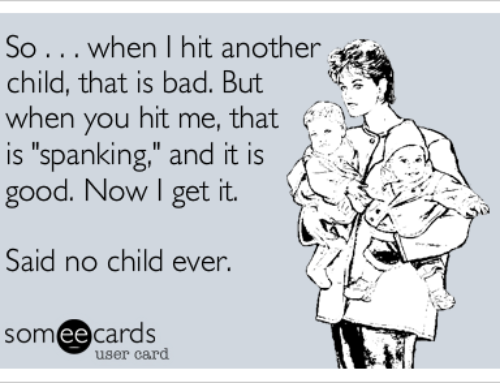
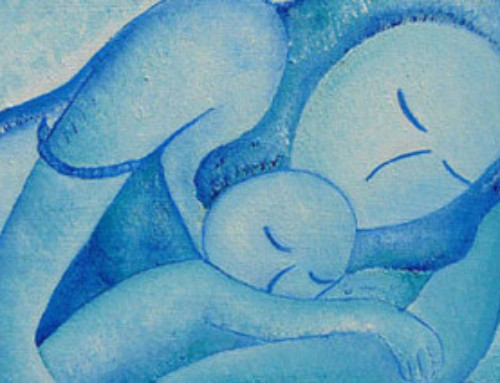
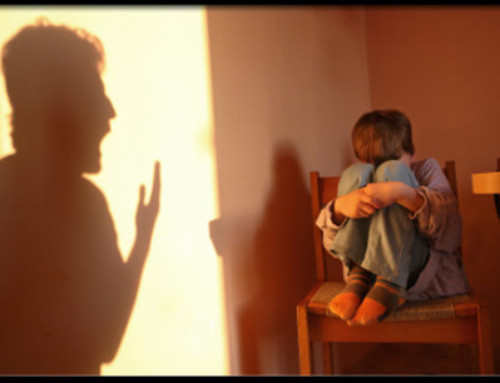
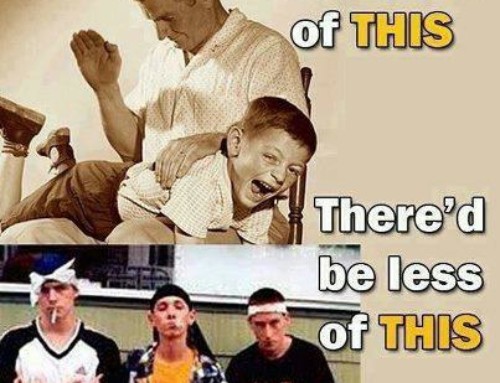
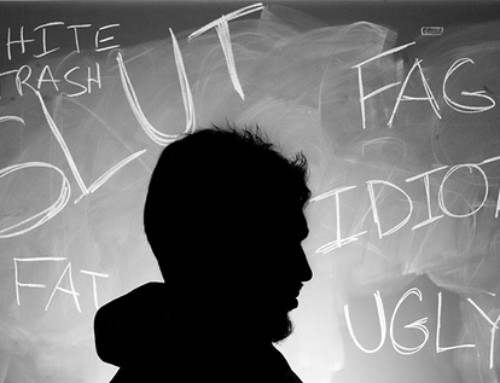
[…] View the full article here. […]
I was recently reading a blog post about how a kickboxing champion was bullied during high school. He decided to teach his son kickboxing at a very early age. He is teaching his son to give his bully (if it happens) one diplomatic chance. If that doesn’t work, he should resort to violence. His philosophy is that he would rather have his son fight rather than develop psychological issues later in life.